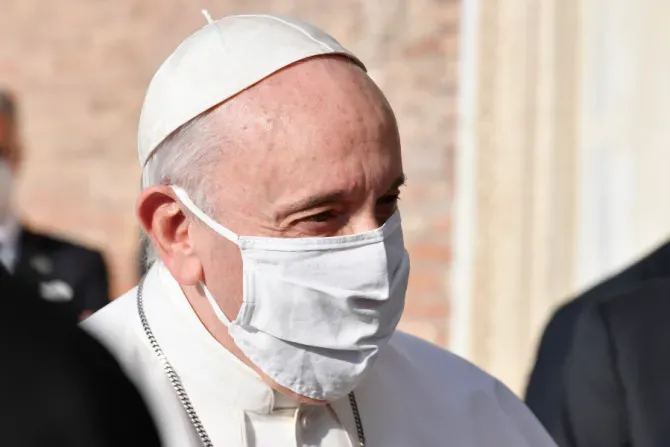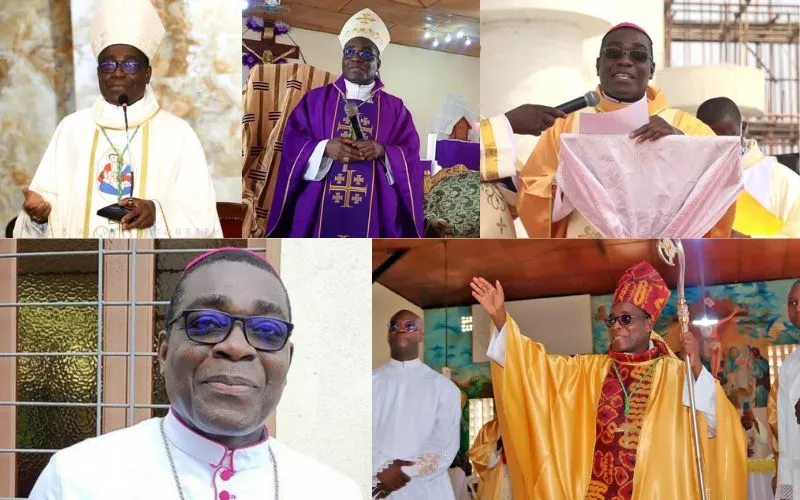Colonic stricture, also called stenosis, is a condition in which part of the large intestine becomes narrower than usual. It can become dangerous if it is too narrow to let food safely pass through.
Diverticulitis, a common condition that involves the formation of small bulges or sacs on the wall of the colon, can cause the stricture.
Recovery from diverticulitis surgery typically includes a hospital stay of up to a week and at least another two weeks of limited activity.
As of July 5, there are no major events scheduled on Pope Francis’ public calendar for the upcoming weeks. The pope traditionally suspends his general audiences during July.
At the age of 84, Pope Francis has only had one other operation during his eight years as pope. He last underwent an operation in 2019, for cataracts.
Earlier this year, the pope was forced to miss several public events due to a recurrence of the sciatic pain that struck him at the end of 2020. Francis has suffered from the painful condition for several years.
After his personal physician died from complications related to COVID-19 in January, Pope Francis appointed internalist Roberto Bernabei as his doctor.
Bernabei is a specialist in aging and director of the School of Specialization in Geriatrics at the Catholic University of the Sacred Heart in Rome. He was present in the surgical suite during the pope’s intestinal surgery in Gemelli hospital.
The Catholic hospital and medical school has treated other popes and Catholic figures, including John Paul II after he was shot in an assassination attempt and Mother Teresa, who was treated in the clinic’s cardiology department.
Courtney Mares is a Rome Correspondent for Catholic News Agency. A graduate of Harvard University, she has reported from news bureaus on three continents and was awarded the Gardner Fellowship for her work with North Korean refugees.








